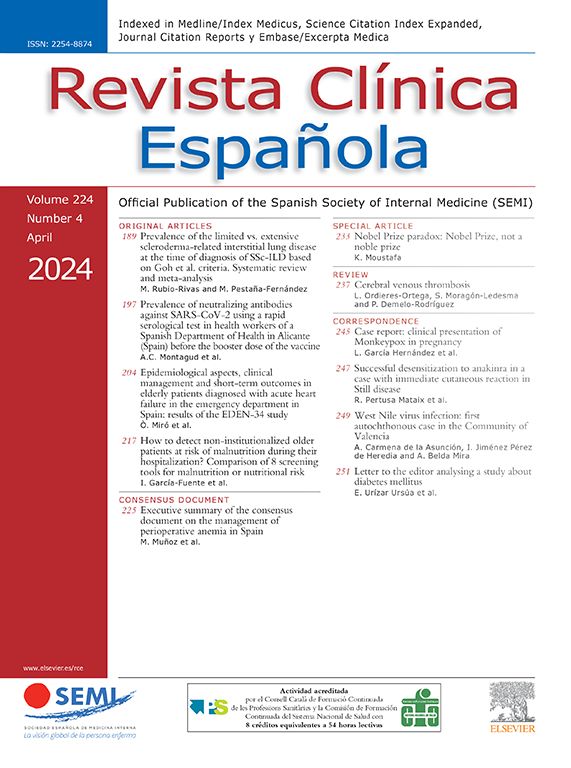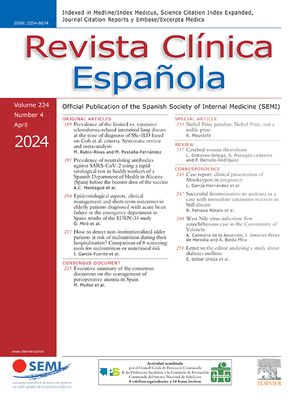La apoplejía pituitaria (AP) es una enfermedad potencialmente mortal causada por infarto isquémico o hemorragia aguda de un adenoma hipofisario. Aunque normalmente hay paresia oculomotora, la oftalmoplejía completa es una forma rara de presentación, más aún si la función visual está respetada. Un varón de 70 años se presentó con cefalea retroorbitaria y oftalmoplejía progresiva completa derecha con agudeza visual preservada. Una RMN reveló una masa hipofisaria con focos hiperintensos en T1 y realce tras la administración de gadolinio que se extendía hacia ambos senos cavernosos. Los análisis demostraron una insuficiencia hipofisaria parcial. Se inició tratamiento sustitutivo con corticoides antes de una resección transesfenoidal de la masa. El examen anatomopatológico era compatible con un adenoma hipofisario. Una semana tras la intervención, quedaba una leve limitación para la abducción del ojo derecho. La AP debería tenerse en cuenta en los pacientes con oftalmoplejía y cefalea retroorbitaria aguda. Es necesaria una aproximación multidisciplinar para resolver la disfunción hormonal y preservar la función visual.
Pituitary apoplexy (PA) is a potentially life-threatening disorder caused by acute ischemic infarction or haemorrhage of a pituitary adenoma. Although certain degree of ocular palsy is usually present, total ophthalmoplegia is an uncommon form of presentation, moreover with spared visual acuity. We report the case of a 70-year-old man who presented with retro-orbitary headache and progressive total right ophthalmoplegia with preserved visual function. MRI study revealed a pituitary mass with hyperintense T1 foci inside and postgadolinium enhancement that extended towards both cavernous sinuses. Laboratory tests showed a partial pituitary failure. Corticosteroid replacement was started before a trans-sphenoidal resection of the mass was done. Histopathology analysis was consistent with a pituitary adenoma. One week after intervention only a subtle defect for abduction of the right eye was present. PA should be considered when attending patients with ophthalmoplegia, and acute retroocular headache. A multidisciplinary approach must be rapidly done in order to solve hormonal dysfunction and preserve visual function.
Article
Diríjase desde aquí a la web de la >>>FESEMI<<< e inicie sesión mediante el formulario que se encuentra en la barra superior, pulsando sobre el candado.

Una vez autentificado, en la misma web de FESEMI, en el menú superior, elija la opción deseada.

>>>FESEMI<<<







